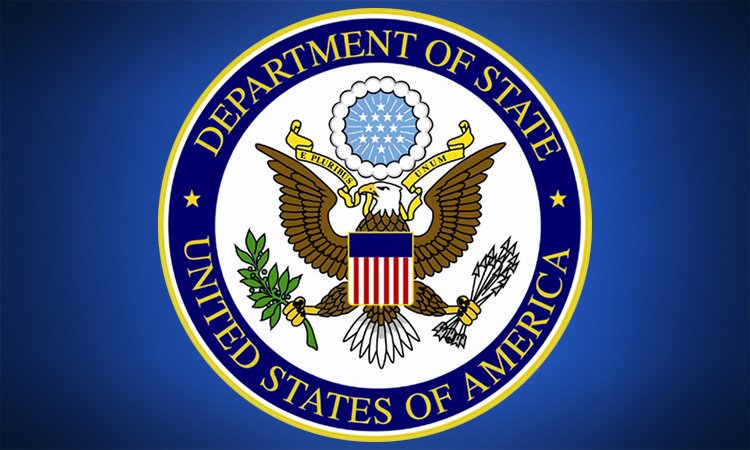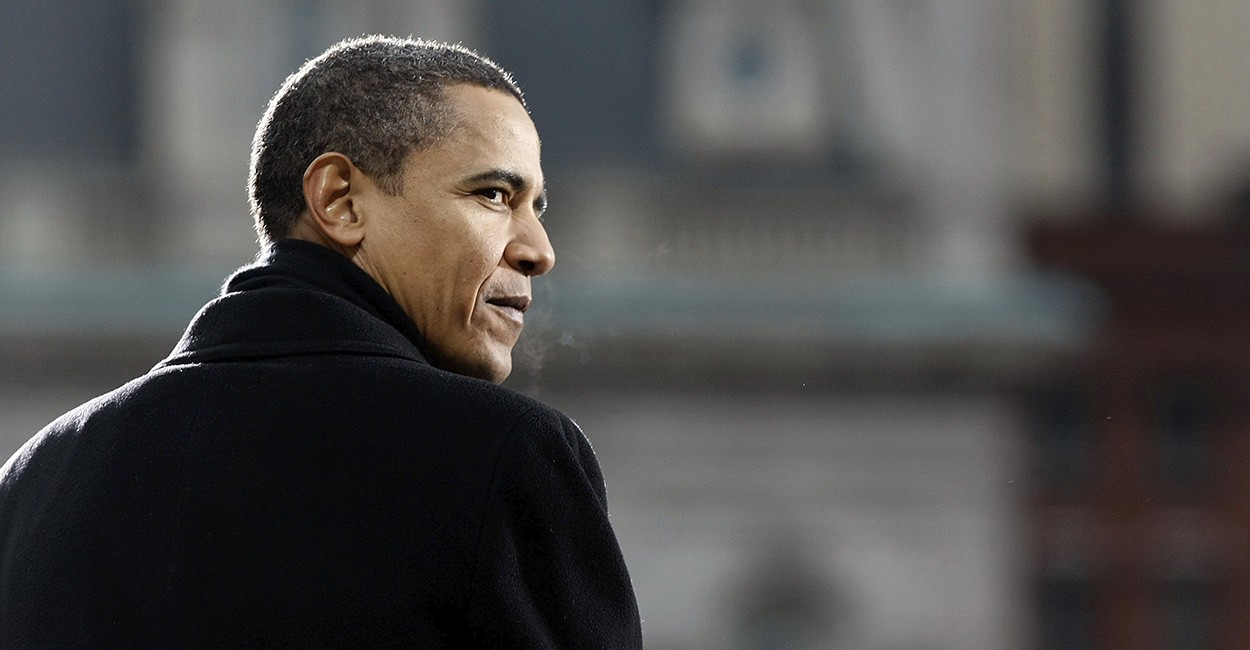By: Taryn Winston
For a man known for an occasional slip of the tongue, Joe Biden could not have said it any better when he declared why the United States of America is better off now than it was four years ago:
“Osama bin Laden is dead and General Motors is alive.”
No exaggeration or fabrication. No misleading or untruthful words. Perhaps, if anything, Biden’s words are an understatement. Yes, Osama bin Laden was killed and our nation’s security has been restored; and yes, General Motors–as well as the entire American automobile industry–was rescued and ultimately strengthened despite harsh opposition. However, ending there would leave out some of the most important reasons why the United States of America is better off now under the current leadership of President Barack Obama—and why we cannot afford to go back.
To put it frankly, President Obama inherited a mess. Not since the Great Depression had our economy been in such dire condition. The automobile industry was on the brink of collapse. The housing market was in shambles. More than 2 million jobs were lost in 2008 alone. An immediate resolution was near impossible, as even the President conceded. Yet in his first term, the President and his administration worked to restore the economy and get Americans back into the workforce. The $787 billion stimulus package provided in the American Recovery and Reinvestment Act of 2009 as well as the American Jobs Act created jobs and direct aid to individuals (just ask Paul Ryan). Subsequently, over 3 million jobs have been created in the private-sector since 2009. The President renewed the floundering automobile industry, recognizing that its failure would devastate our already dismal economy. He worked to make higher education more affordable and accessible to students. Most importantly, President Obama stood up for small businesses and the middle class by signing 18 small business tax-cuts into law and two major tax cuts for middle-class families.
Now, in 2012, our unemployment rate is under 8 percent for the first time in nearly four years. The housing market is finally beginning to grow. A United States economy that was once in the midst of a recession is now finally moving forward in the right direction.
The hallmark of President Obama’s first term is something no other president or administration has even been able to complete. This is of course the Patient Protection and Affordable Care Act, affectionately (and cynically) referred to as “Obamacare.” Prior to the passage of Obamacare, the United States remained one of the only industrialized democracies in the world that did not guarantee its citizens access to health care. And while opponents continue to denounce the law, even they cannot help but acknowledge its obvious improvements. Now, insurers can no longer deny children coverage based on preexisting conditions; in 2014, insurers cannot deny anyone with preexisting conditions. Preventative services such as physicals and mammograms are being provided for every individual. Young Americans entering the workforce can continue to stay on their parents’ insurance plans. Small businesses can receive tax credits to help them cover their employees. Medicare is being strengthened and reformed, not eliminated or privatized (or should I say “voucherized”). Change was necessary, if not inevitable, and even in the face of polarization and opposition, President Obama delivered on his promise to the American people.
When the President took office in 2009, the United States was also in the midst of two seemingly unending wars in Afghanistan and Iraq. Osama bin Laden remained at large, and while the Bush administration shifted its focus to Iraq, al-Queda continued to strengthen. Recognizing this, President Obama implemented a careful and meticulous 19-month timetable for the safe withdrawal of all American troops in Iraq. In December 2011, the war in Iraq was officially over. Though several Republicans lamented the withdrawal (Mitt Romney called it “unfortunate” and “tragic”), the President moved on to address the biggest threat to our nation’s security with the brilliant and gutsy operation that resulted in the death of the man responsible for 9/11.
Let me not fail to speak on what is perhaps President Obama’s greatest–though relatively unappreciated–achievement throughout his first term in office: his dedication to providing equal opportunities and protection for all Americans. The first bill signed into law by the President was the Lilly Ledbetter Fair Pay Act of 2009, expanding the ability of an individual (mainly women) to sue regarding pay discrimination. The President and his administration have similarly backed the Paycheck Fairness Act, which would attempt to address the issue of gender discrimination in salaries, though Republicans in the Senate have twice blocked the legislation.
But of course, it is one thing for a politician, and specifically a president, to “talk the talk” and endorse equality; it is another thing altogether to back up the talk with action. That is precisely what President Obama did when he appointed two well-qualified and deserving women to sit on the Supreme Court of the United States, one of whom was also the highest court’s first Hispanic justice. In fact, of the President’s federal court nominees confirmed through his first three years, approximately 39 percent were racial minorities and 47 percent were women, a stark contrast from previous administrations.
President Obama’s efforts to promote equality does not end there. In May of 2012, he became the first sitting President to voice his support for legalizing same-sex marriage, citing his administration’s growing commitment to increasing rights for the LBGT community. Indeed, in 2009, the President signed a measure that would expand hate crimes to include crimes motivated by a victim’s sexual orientation or perceived gender identity. And perhaps most notably, in 2010, President Obama repealed Don’t Ask, Don’t Tell, which had prevented gays and lesbians from serving openly in the Armed Forces.
It is with this mindset that our nation can express without hesitation that we are a nation committed to freedom and equality. It is with this resiliency and determination that our economy can continue to expand and put people back to work. It is with this focus and perseverance that Americans can feel safe and secure from outside harm. And it is with this action and progression that the United States of America will keep moving forward.
So why turn back now?

